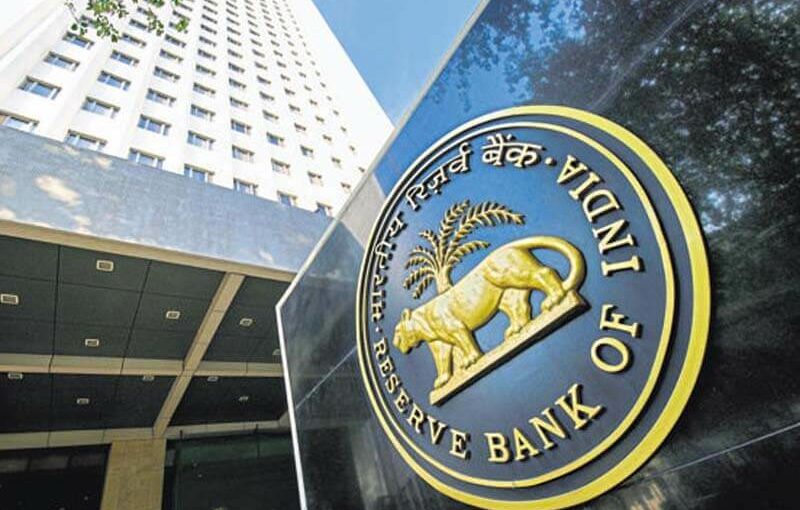The Reserve Bank of India (RBI) is considering the release of a new digital version of the rupee, the national currency of India.
The RBI Could Soon Unveil the Digital Rupee
In a document explaining the process, the RBI stated the following:
E-rupee or digital rupee will provide an additional option to the currently available forms of money. It is substantially not different from banknotes, but being digital, it is likely to be easier, faster, and cheaper.
The RBI says that it’s long had the idea of a digital rupee in its head. However, it’s only getting around to creating the asset now, as the currency is going to be entering a pilot phase in the next couple of weeks. The enterprise has also stated that there is no rush to get it released to the public, as it wants everything to operate carefully and smoothly before individuals can utilize it.
The financial institution stated:
Currently, we are at the forefront of a watershed movement in the evolution of currency that will decisively change the very nature of money and its functions.
Cryptocurrency appears to be the central focus of many governments around the world, suddenly. The United States, for example, recently saw the introduction of a crypto executive order that requested all financial agencies within the country to examine the potential risks and advantages of cryptocurrencies. In addition, the order opened the door for a digital version of USD, which is along the same lines as the digital rupee in that it’s a virtual version of a national form of fiat.
Additional details regarding India’s project also mention that the rupee would be released in two forms. The first will be in the form of a retail asset available to members of the public, while the other form will be in interbank settlements. While the currency will initially be released by the RBI, other banks in India will be able to present further units of the coin should customers seek to utilize it.
While most digital currencies are based on the notion of privacy, the digital rupee – in being issued by the RBI – technically qualifies as a central bank digital currency (CBDC), meaning there’s concern that the institution will be able to see what people are doing with the token and could interfere at will.
Some Similarities to Mainstream Digital Tokens
A person looking to transfer their digital rupees to other parties can do so granted they have the recipient’s address, so in that sense, the utilization of digital rupees will be the same as utilizing bitcoin. The RBI further commented:
Unique tokens based on agreed techniques would need to be created, which may be slightly resource intensive.
While some smaller transactions could maintain anonymity for transacting parties, it’s likely that larger financial activity will need to be reported to appropriate authorities.
Source: Read Full Article
